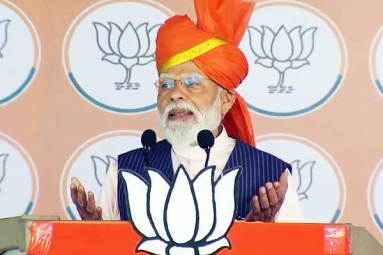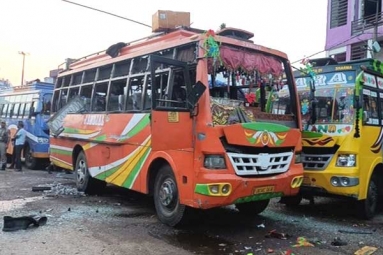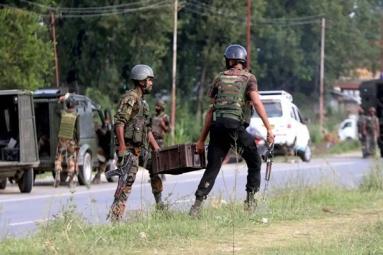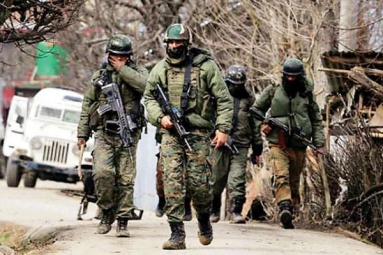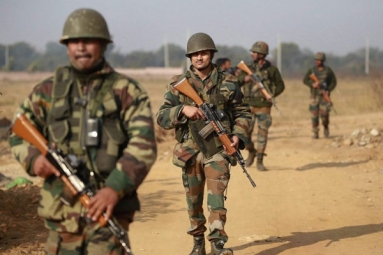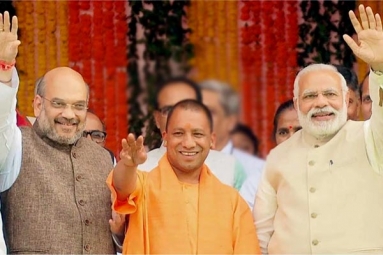
(Image source from: The Week)
President rule has been imposed in Jammu and Kashmir on Thursday, for the first time since 1990.
The decision comes as the six-month-long governor's rule in the state ended on December 19. The governor's rule was imposed in June after the collapse of the People's Democratic Party-Bharatiya Janata Party (PDP-BJP) coalition. The Centre had then appointed veteran politician Satya Pal Malik as governor of the state under article 92 of the state constitution.
Jammu and Kashmir, which has its own constitution, mandates the imposition of governor's rule in the absence of a government for six months. However, if no government formation takes place in the state or the assembly gets dissolved, the governor then writes to the Home Ministry for the imposition of president's rule in the state.
Initially, Jammu and Kashmir had its own prime minister and the president called sadre-e-riyasat (President of the State). In the mid-'60s, these two constitutional positions were renamed as chief minister and governor. Late Sheikh Abdullah was the first prime minister of the state, while Karan Singh, son of the last Maharaj, was the first sadre-e-riyasat.
With the imposition of president's rule in the state, the powers of the legislature that were vested with the governor will be shifted to the parliament. Apart from the powers of legislation, major financial powers will also shift to the parliament.
Anticipating president's rule in the state, Malik had approved the state budget for the fiscal year 2019-20 a day before and cleared three legislations on cooperative banks and bovine breeding.
Political parties in Jammu and Kashmir especially National Conference (NC) and PDP have criticized the governor for passing and amending laws. They believe Malik was overstepping his mandate and his role was only that of a caretaker.
During the past six months, the State Administrative Council (SAC) which acts as a cabinet under the governor, passed several laws and bills that essentially do not fall under its domain and needed debate and consultation in assembly.
Under the president's rule, the governor needs permission and agreement of the Centre to pass any laws, or take decisions. The imposition of president's rule has increased the anxiety of political parties like NC and Congress about a possible time lag in conducting elections in the state.
The two parties have benefited from the failure of the PDP-BJP coalition.
NC vice president Omar Abdullah told The Week he was afraid the assembly elections might be delayed. ''We are getting mixed signals including from governor's office at Raj Bhawan,'' he said. ''Recently, our delegation under provincial president Devender Rana met him and he was not very forthcoming about holding elections on time.''
The Congress, buoyed by the success in the elections in three states, is also pressing for election in the state. The Congress believes it can benefit from BJP's poor performance in Jammu to its advantage.
-Sowmya Sangam










